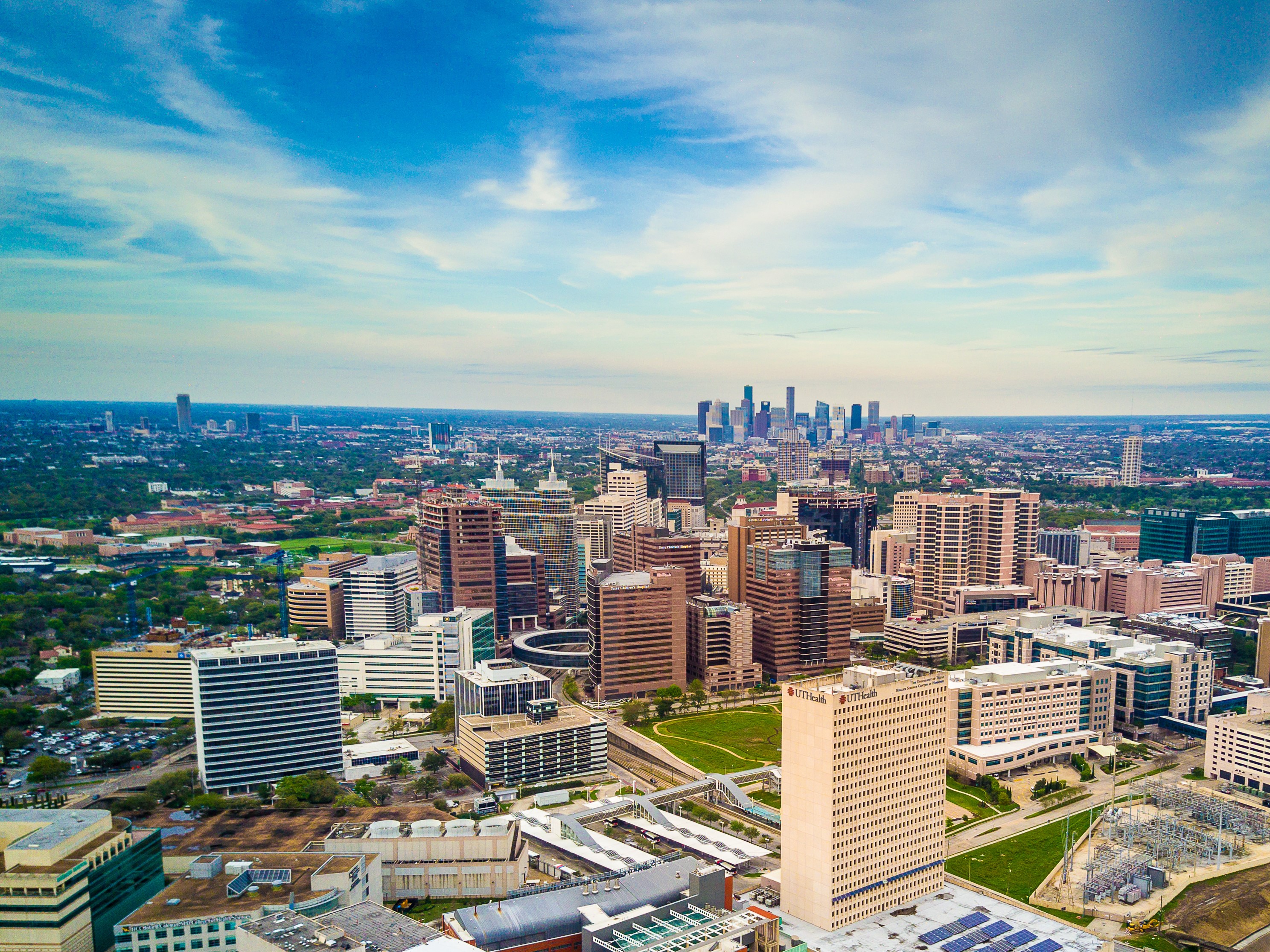Cultivating Passion for Innovation and Connection: BioHouston CEO Ann Tanabe
Published Nov 05, 2020 by Lou Ann Duvall
The global life science community is coming together for a virtual event next week that will explore the latest advances within the industry. The Texas Life Science Forum brings together industry professionals, emerging life science companies, academics, investors and thought leaders. The event is co-hosted by Rice University and BioHouston, a nonprofit organization founded by Houston-area academic and research institutions. Their mission is to generate economic wealth for Houston by establishing the region as a global competitor in life science and biotechnology commercialization.
Ann Tanabe, BioHouston's CEO, said she has a passion for working with innovators. Earlier in her career, Tanabe worked in investor relations with publicly traded companies, including energy and pharmaceuticals. She joined BioHouston nine years ago.
"Our work benefits the community by advancing the life sciences industry in Houston," said Tanabe. "We serve to connect scientists, intellectual property and product development experts, venture capitalists, pharmaceutical companies and life sciences entrepreneurs."
We asked Tanabe about how BioHouston drives life science innovation forward by connecting people to resources, talent and information.
How have you seen the life sciences ecosystem in Houston change over the last few years?
We are fortunate to be in the Texas Medical Center, with its academic and research work that revolves around innovation. More people are recognizing Houston for its opportunities to work in a broad range of life sciences roles. Bright young people are choosing to come to Houston for its great academic institutions, and they’re staying after graduation because they see opportunities to be game-changers in the life sciences arena.
It’s a capital-intensive industry, and investors want to see that strong ecosystem and talent. They’re taking notice of what’s happening here. To have a fully-rounded ecosystem, you need companies at every point along the spectrum: start-ups, clinical stage, and industry veterans. We have all of that.
What has BioHouston’s role been in the evolving ecosystem?
We’re like the information booth at the airport. We are a hub that connects people and organizations, including scientists, intellectual property and product development experts, venture capitalists, pharmaceutical companies, and others seeking opportunities in life sciences.
We direct people to the resources they need, whether that’s in patient care, research or innovation. BioHouston is community-driven and not connected to any one institution. We offer an efficient way to learn about what resources and opportunities exist.
BioHouston does talent matchmaking, helping companies find newly-minted grads, for example. We can connect start-ups with accelerator programs, office or lab space. Insurance companies, banks, payroll companies and lab supply sellers come to us for introductions when they are looking for business development opportunities in the life sciences community.
How do you think COVID-19 will affect the life sciences ecosystem?
I think it’s been interesting to see how COVID has reshaped and reframed how people interact. So much U.S. life sciences activity is based on the east and west coasts. But now, location isn’t a factor. A venture capitalist can do a Zoom call, or a top scientist can present at our virtual Texas Life Sciences Forum – without leaving home. As we all get more comfortable with virtual technology platforms, Houston’s life sciences ecosystem will benefit.
We have several Houston area contract manufacturers producing SARS-CoV-2 vaccines for multiple pharma companies. We also have several local companies developing their own novel COVID-19-related treatments. And of course, on the patient care side, the Texas Medical Center has played a tremendous role during the pandemic. We will continue to see great leadership from TMC and our local academic and research institutions.
How can members of the business community support BioHouston?
Because of the pandemic and limits on bringing people together, we have had to reschedule two events the business community may recognize – our Women in Science with Excellence (WISE) event and our Chili Cook-off. So watch for news about those events in 2021. We welcome new members and community partners to join our ranks. We also invite business leaders to follow BioHouston on LinkedIn, to stay abreast of our work in the community.
Learn more about Houston's life science industry.
 The Houston Report
The Houston Report



















